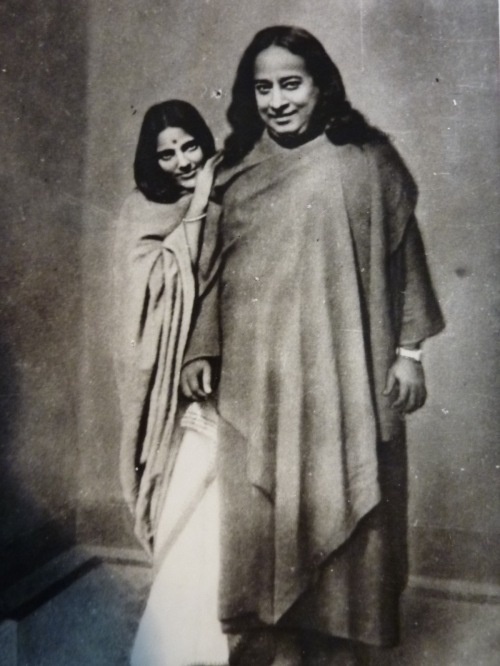- Comment
- Reblog
-
Subscribe
Subscribed
Already have a WordPress.com account? Log in now.
 Witness consciousness as a concept and a spiritual practice has become better known now in the West. In the psychology of Advaita and Yoga of thousands of years ago, it has always been a fundamental tool for self development and self understanding on the path to Self-Realization.
Witness consciousness as a concept and a spiritual practice has become better known now in the West. In the psychology of Advaita and Yoga of thousands of years ago, it has always been a fundamental tool for self development and self understanding on the path to Self-Realization.
Reblogged this on Luthar.com.
LikeLike
Thanks Harsha. Is the Witnessing Consciousness same as “I” which Ramana Maharishi explains in Who Am I? Where he says that all arising of thoughts and perception depend on the arising of the “I” sense and When we take hold or pay attention to the “I” , this sense of existence and being?
LikeLiked by 1 person
I have been practicing Witness Consciousness seriously as best as I can, after reading & listening to ‘The Power of Now’ by Eckhart Tolle. I find it so interesting although it is not that easy. Thank you.
LikeLiked by 1 person
I Love this picture. 🙂
Witness Consciousness is innate to The “Indigo” Generation.
LikeLiked by 1 person
Reblogged this on mira prabhu and commented:
“Witness consciousness as a concept and a spiritual practice has become better known now in the West. In the psychology of Advaita and Yoga of thousands of years ago, it has always been a fundamental tool for self development and self understanding on the path to Self-Realization.” Read on for more of Harsh Luthar’s wonderful post…
LikeLiked by 1 person
❤
LikeLike
A wonderful reminder of how we can engage with the world, but detach our minds from the reactivity of the ego. Thank you for your post!
LikeLiked by 1 person